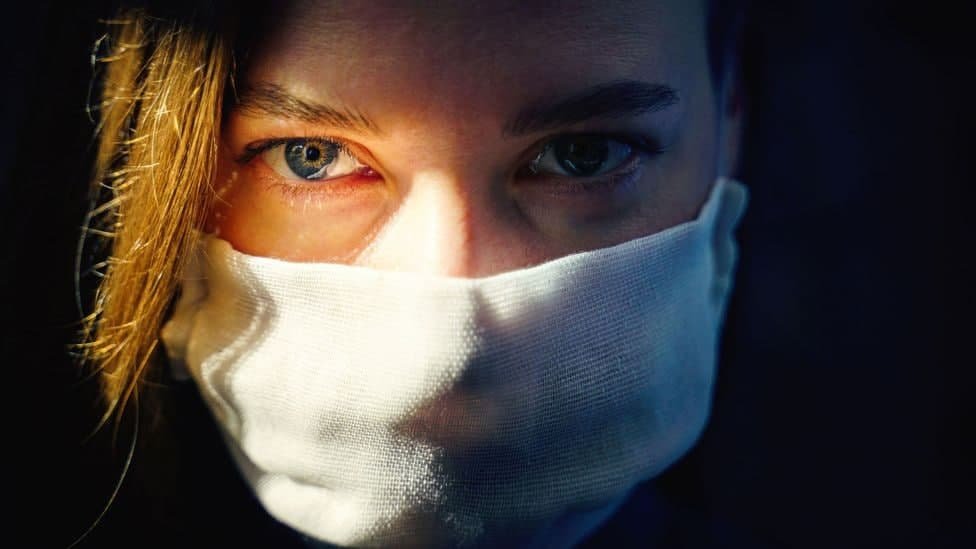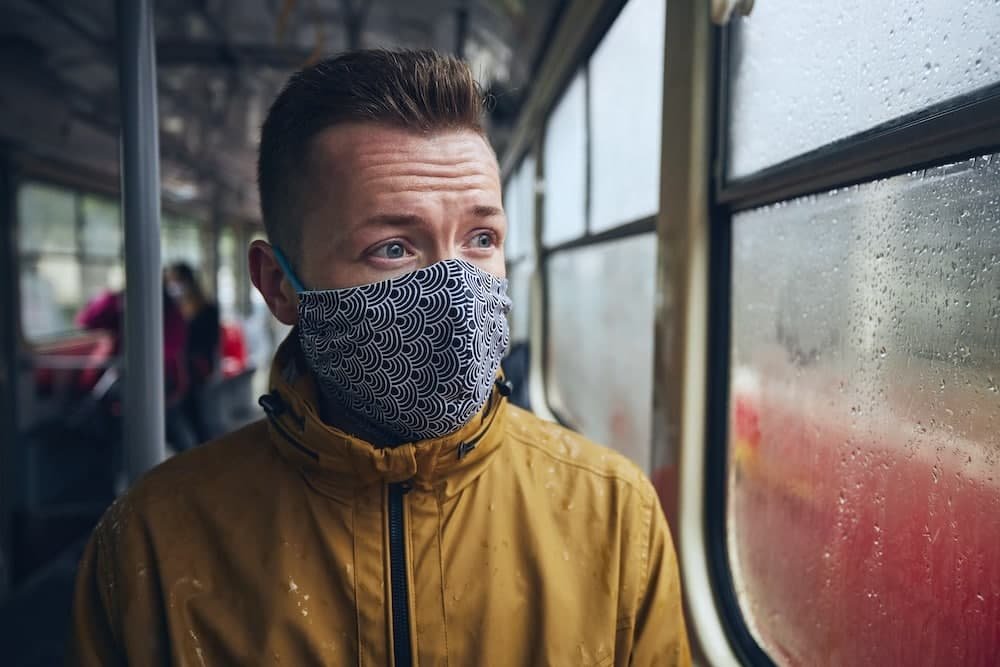COVID-19 struck our lives hard and ever since then masks became an integral part of our daily routine. Mask-wearing has led to distress for many people as it is the leading cause of social anxiety during the pandemic and in the future as well.
A research paper from the University of Waterloo’s Department of Psychology and Centre for Mental Health Research and Treatment explains that wearing a mask has implications for those also who haven’t suffered from social anxiety in their entire lifespan.
“COVID-19 pandemic certainly had many adverse effects on mental health, causing anxiety and depression,” said David Moscovitch, professor of clinical psychology and co-author of the paper. “However, not much information is obtained regarding the increased effects of mask-wearing on overall mental health.”
Why Mask-wearing leads to Social Anxiety?

Social anxiety is a term used to characterize a chronic mental health condition where an individual develops negative self-perception and fears that his appearance or behavior will not be apt with the social expectations and norms. This disorder makes one feel conscious and embarrassed. It is an extreme manifestation affecting up to 13 percent of the population.
Researchers address that social anxiety is well associated with wearing a mask, it is being used as a tool for safety behavior or as a form of self-concealment from the norms set up by society.
“The people wearing masks suffering from social anxiety is likely an outcome of their perception and expectation from the social norms,” said Sidney Saint, the lead author of the paper and an undergraduate psychology student. “They may not be consistent or maybe with the guidelines for public health that can vary widely by region and context,” Sidney further explained.
People with this type of anxiety find it difficult to detect vague social boundaries and eventually start interpreting themselves negatively. Not limiting to this, they start to worry about sounding inarticulate or awkward. Hence it is believed that masks will magnify all these prior issues and also sprout new.
Is it just limited to those who are already suffering from Social Anxiety?

No, absolutely no because research tells us that it is very much possible that people who never suffered social anxiety before the pandemic may find themselves more anxious about their appearance than usual.
Emerging out of the pandemic is the need of the time but it will lead us into an uncertain future – with different social situations and rules for social engagement.
Masks are turning out to be a shield for people to conceal themselves behind it and make it an escape mechanism from their flaws. This would motivate people to wear masks over and over again with a desire to protect themselves from contagion. Due to this self-concealing act, it will become difficult for people to discard masks even after public health mandates are not required.
Effective assessment and treatment are necessary to undo social anxiety. Wearing masks should not become an escape for people from their flaws. Before the situation becomes vulnerable and wearing masks turns out to be a personal choice, we need to keep the identity intact.
